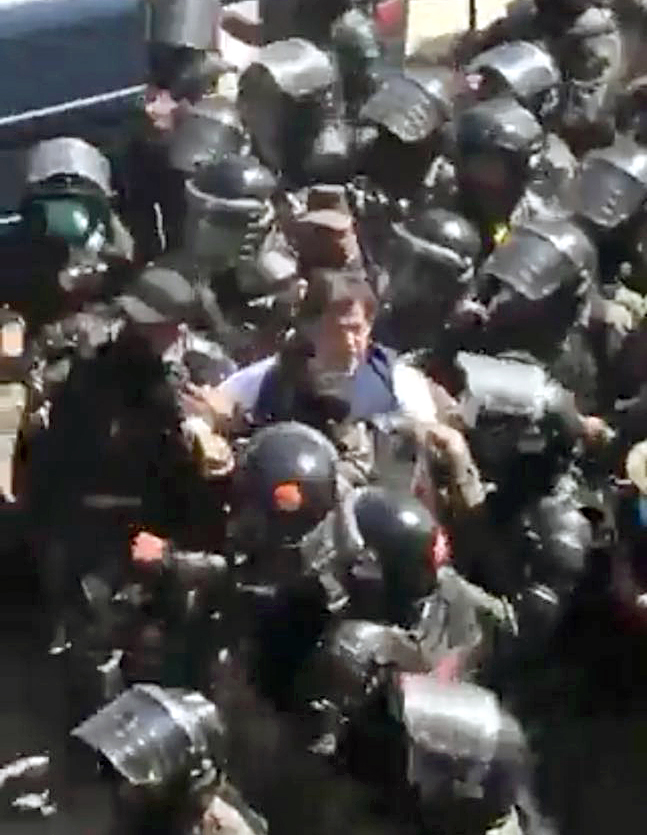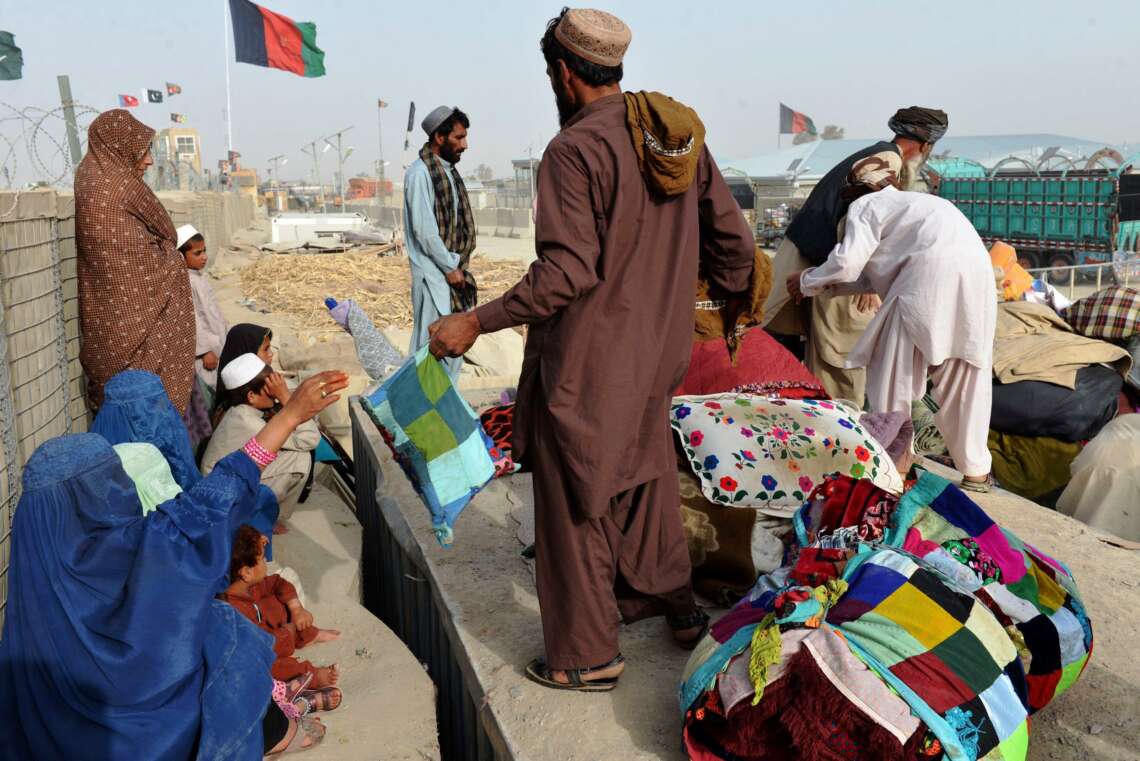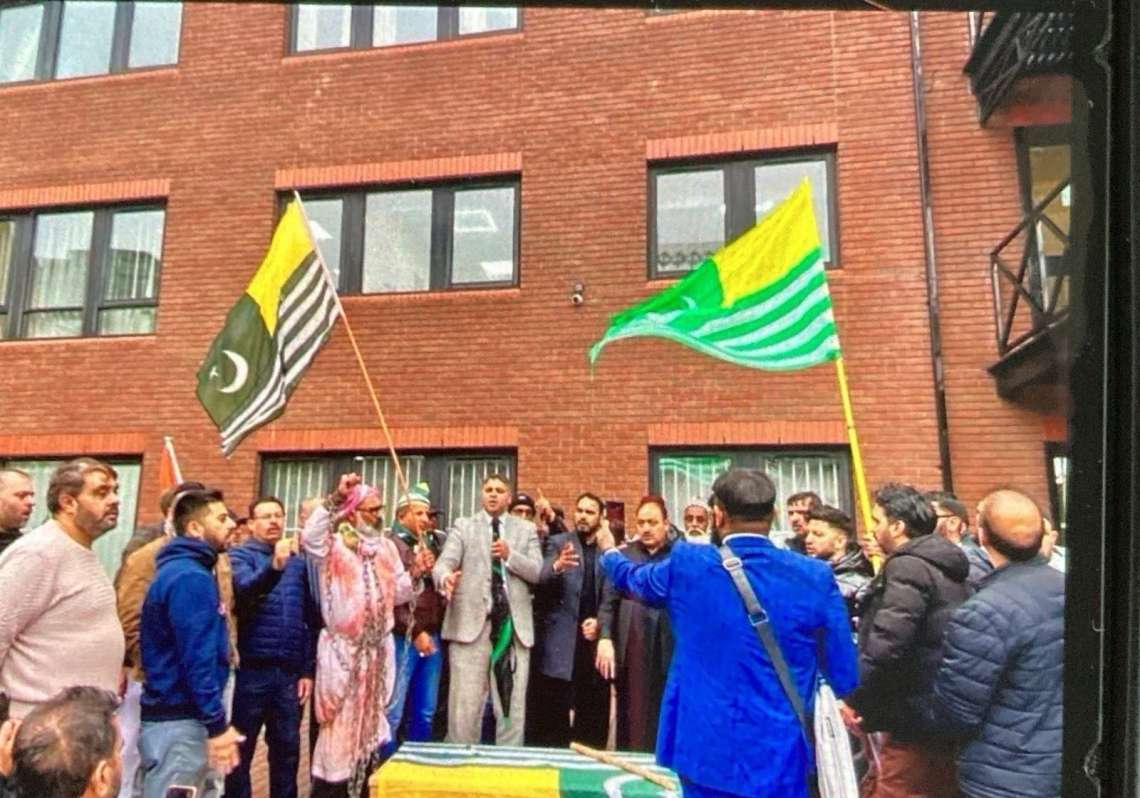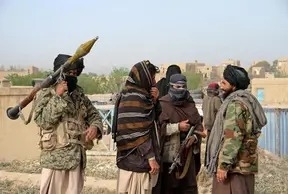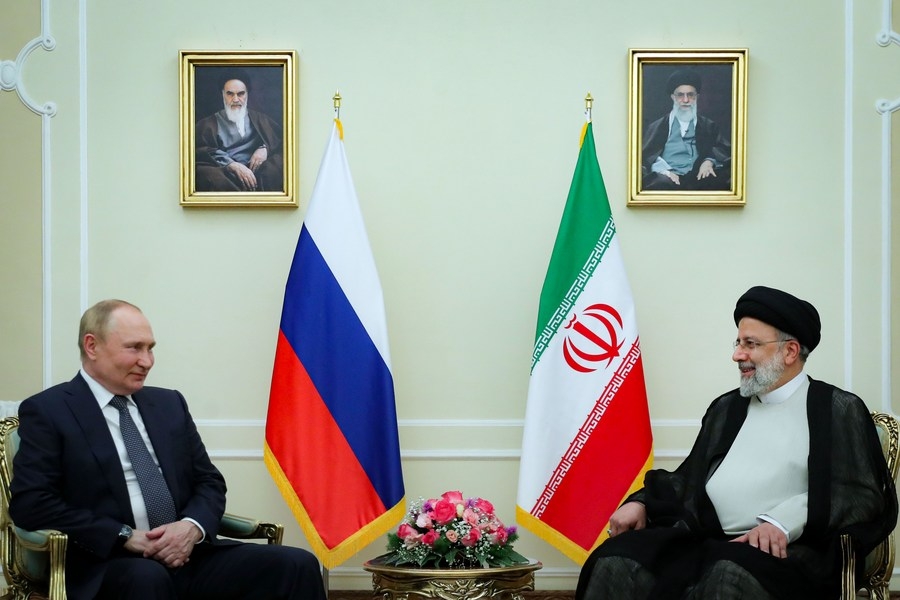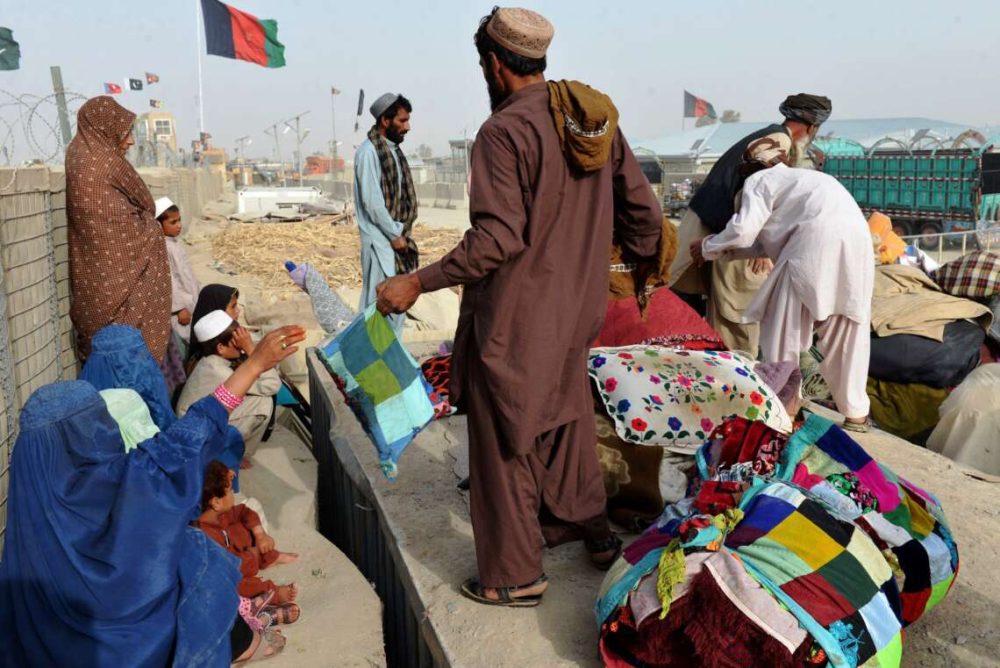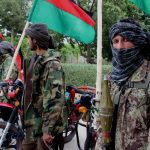The meeting, chaired by Prime Minister Shehbaz Sharif at the Prime Minister House, gave approval for trying civilians in the military courts…reports Asian Lite News
The Pakistan federal cabinet has approved decisions taken in a National Security Committee (NSC), wherein it was decided that the protesters who ransacked and vandalised military installations on May 9 would be tried under the Army Act and the Official Secrets Act.
The meeting, chaired by Prime Minister Shehbaz Sharif at the Prime Minister House, gave approval for trying civilians in the military courts just days after the NSC and the Corps Commanders’ Conference vowed to bring those behind the violent protests to justice, The Express Tribune reported.
On May 9, widespread protests broke out after paramilitary Rangers arrested Pakistan Tehreek-e-Insaf (PTI) chief Imran Khan from the premises of the Islamabad High Court (IHC).
The protesters vandalised public and state properties and even attacked the General Headquarters in Rawalpindi and Lahore Corps Commander’s residence.
The rioting was followed by a harsh crackdown against the PTI leaders and workers that still continues, The Express Tribune reported.
A key cabinet minister while requesting anonymity told The Express Tribune that no new military courts would be established, saying the accused would be tried in the “special standing courts” that are already working under the military act.
However, renowned lawyer and expert of military-related cases, Colonel (retd) Inamur Rahiem, said that the defence ministry or the Chief of Army Staff (COAS) will have to formally issue a notification for the establishment or revival of the special standing courts.
“Federal government has already empowered the army chief to constitute or even issue a warrant to any formation commander to constitute special standing courts,” Rahiem said, adding the military usually establishes courts in the units concerned for any crime committed in that particular unit, The Express Tribune reported.
Once the special standing courts are established, he said, they can work throughout the year in one city or in different cities.
Previously, he recalled that the special standing courts were set up in Karachi’s Malir area in 2005-06 due to the law and order situation in the restive city.


